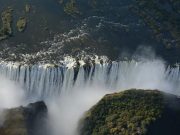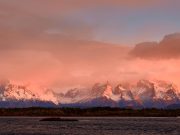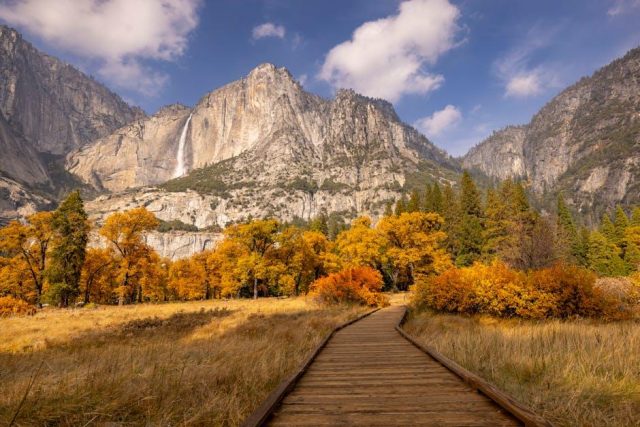In recent years, the rugged landscapes of North America have become a playground for thrill-seekers, drawn by the promise of adventure tourism. From the snow-capped peaks of the Rockies to the dense forests of the Appalachian Trail, this vast continent offers an array of exhilarating activities that invite tourists to step beyond the ordinary. However, as the industry flourishes, it raises a pressing question: Is this burgeoning demand for adventure at odds with the preservation of the very natural wonders it celebrates? This article delves into the delicate balance between harnessing nature’s allure and safeguarding its future, exploring whether adventure tourism is a sustainable venture or a silent predator of North America’s rich natural heritage.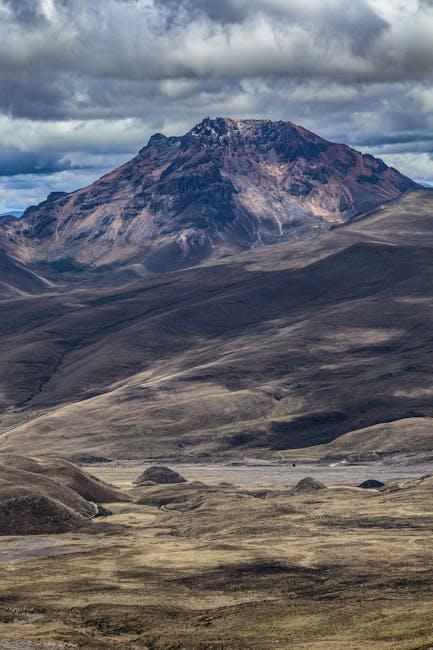
Adventure Tourisms Impact on North Americas Ecosystems
Adventure tourism in North America, while offering exhilarating experiences and promoting the beauty of the natural world, has raised concerns regarding its impact on local ecosystems. Ecological footprints left by tourists can lead to the deterioration of natural habitats. The constant flow of adventurers in previously undisturbed areas results in soil erosion, disturbance to wildlife, and pollution, challenging the resilience of these ecosystems.
Key challenges include:
- Habitat Disturbance: The presence of tourists often disrupts local wildlife, altering their natural behaviors and sometimes leading to habitat abandonment.
- Pollution: Littering and improper waste disposal are prevalent issues, affecting both land and aquatic ecosystems.
- Resource Depletion: Activities such as off-road driving or excessive hiking can lead to the overuse of trails and natural resources.
To mitigate these impacts, stakeholders in the tourism industry are encouraged to adopt sustainable practices. This includes educating tourists on responsible behaviors, promoting eco-friendly accommodations, and enforcing stricter regulations to preserve the integrity of North America’s breathtaking landscapes.
Balancing Thrill-Seeking with Environmental Preservation
For adventure enthusiasts, the rugged landscapes and pristine wilderness of North America offer a playground like no other. However, the allure of adrenaline-pumping activities like mountain biking, white-water rafting, and rock climbing often comes with a heavy environmental cost. As these activities grow in popularity, the delicate ecosystems that support them can become overwhelmed, leading to soil erosion, wildlife disturbances, and the depletion of natural resources. This raises the critical question of how to indulge in these exhilarating pursuits without compromising the very environments that make them possible.
Achieving this delicate balance involves several strategic approaches:
- Promoting Sustainable Practices: Encourage operators and participants to adopt eco-friendly measures such as minimizing waste, respecting wildlife habitats, and adhering to designated trails.
- Education and Awareness: Raising awareness about the impact of adventure tourism on local ecosystems can inspire more responsible behavior among thrill-seekers.
- Regulatory Measures: Implementing and enforcing regulations to limit the number of visitors and the type of activities allowed in sensitive areas can help protect these regions for future generations.
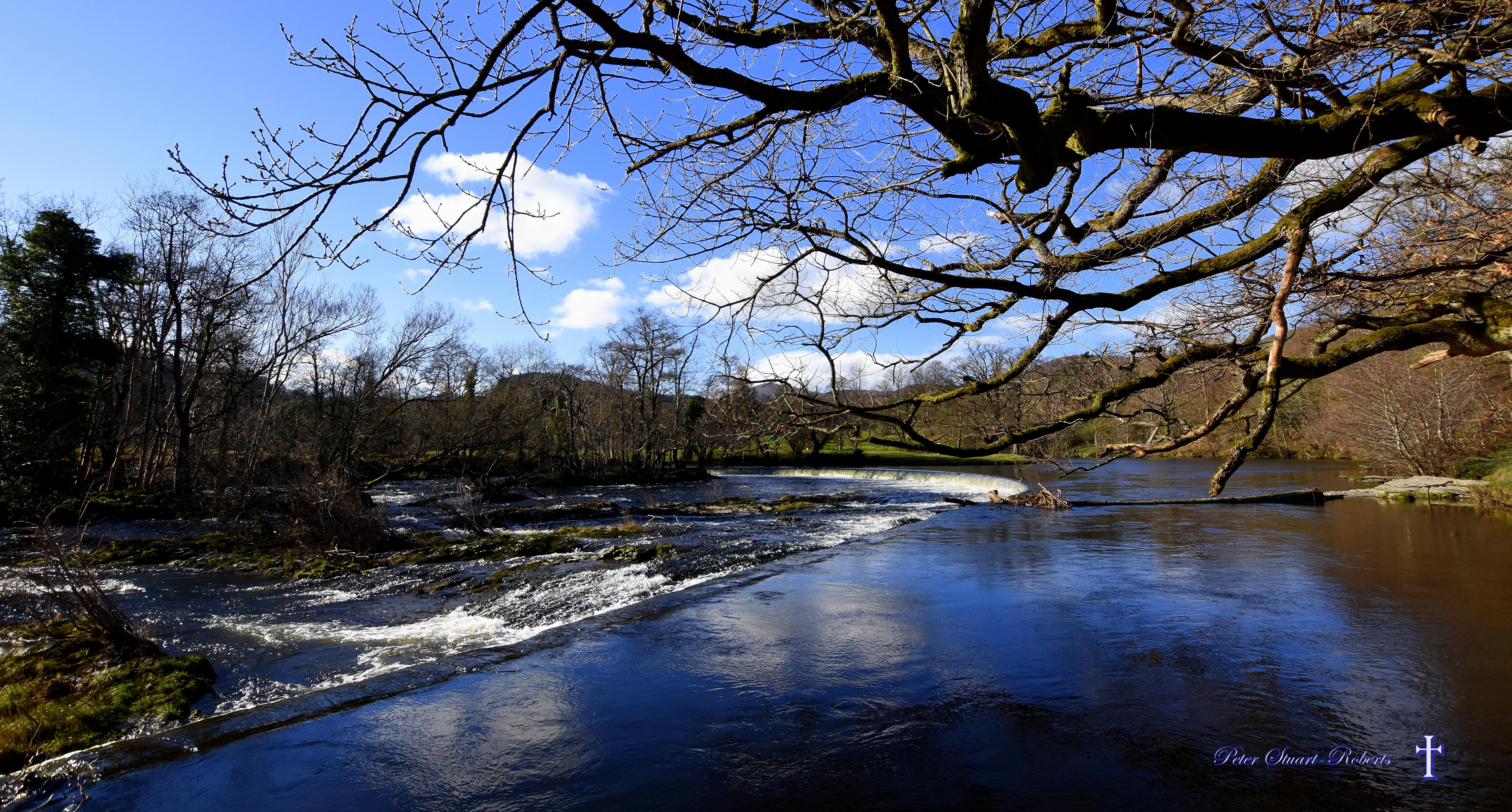
Sustainable Practices for Responsible Adventure Travel
Adventure tourism offers thrilling experiences, but it can also put significant pressure on the environment. To minimize this impact, travelers can adopt sustainable practices that ensure the preservation of natural landscapes. These practices include:
- Choose Eco-Friendly Tours: Opt for tour operators that prioritize sustainability, such as those using low-emission transportation or contributing to local conservation efforts.
- Leave No Trace: Follow the principle of leaving natural sites as you found them, avoiding littering and minimizing disturbance to wildlife.
- Support Local Communities: Engage with local guides and purchase goods from local artisans to ensure that tourism benefits the surrounding community economically.
By integrating these responsible travel practices, adventurers can enjoy the beauty of North America’s wilderness while contributing to the preservation of its natural resources for future generations.

Innovative Solutions to Protect Natural Landscapes
In the quest to balance the thrill of adventure tourism with the preservation of North America’s breathtaking natural landscapes, innovative solutions are emerging as pivotal allies. Many companies are now adopting sustainable practices that not only reduce their ecological footprint but also enhance the visitor experience. These practices include:
- Eco-friendly Infrastructure: Utilizing renewable materials and designs that blend seamlessly with the environment to create minimal impact facilities.
- Community Engagement: Collaborating with local communities to ensure tourism supports economic growth while respecting cultural heritage and traditional land uses.
- Technology Integration: Implementing advanced technologies, such as drone monitoring and GPS-guided tours, to manage tourist flow and protect sensitive areas.
Furthermore, adventure tourism operators are increasingly committed to conservation initiatives, investing in projects that restore and preserve ecosystems. By aligning business goals with environmental stewardship, these efforts aim to ensure that the natural beauty of North America remains unspoiled for future generations, while still allowing for exhilarating exploration and discovery.
Future Outlook
As we draw the curtain on this exploration of adventure tourism in North America, we find ourselves perched on the precipice of both opportunity and responsibility. The breathtaking landscapes and untamed wilderness that beckon thrill-seekers from around the globe also whisper the tales of delicate ecosystems and ancient heritage. The balance between adventure and preservation is a tightrope walk, requiring the deft steps of informed travelers, conscientious tour operators, and vigilant policymakers.
the future of adventure tourism hinges not just on the trails we blaze, but on the footprints we choose to leave behind. As stewards of nature’s grand theater, it is up to us to script a narrative where the allure of the wild coexists harmoniously with its conservation. Only then can we ensure that the call of the wild remains an eternal symphony for generations to come.






